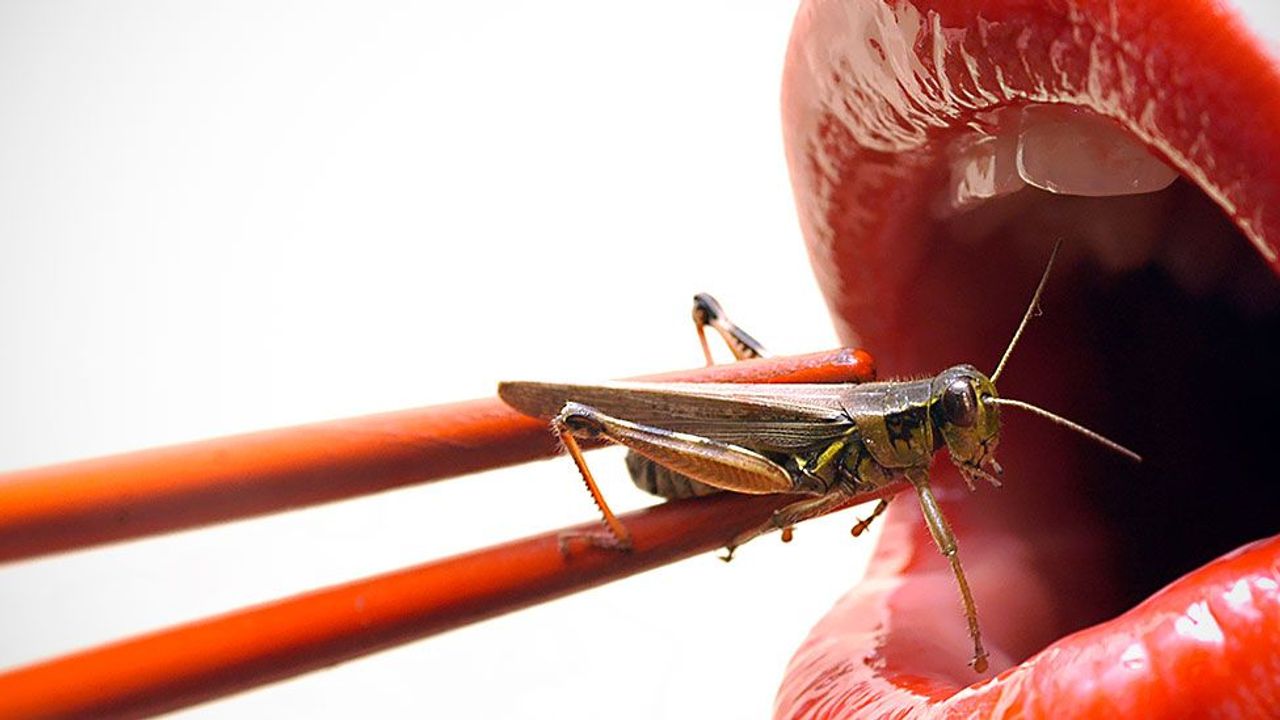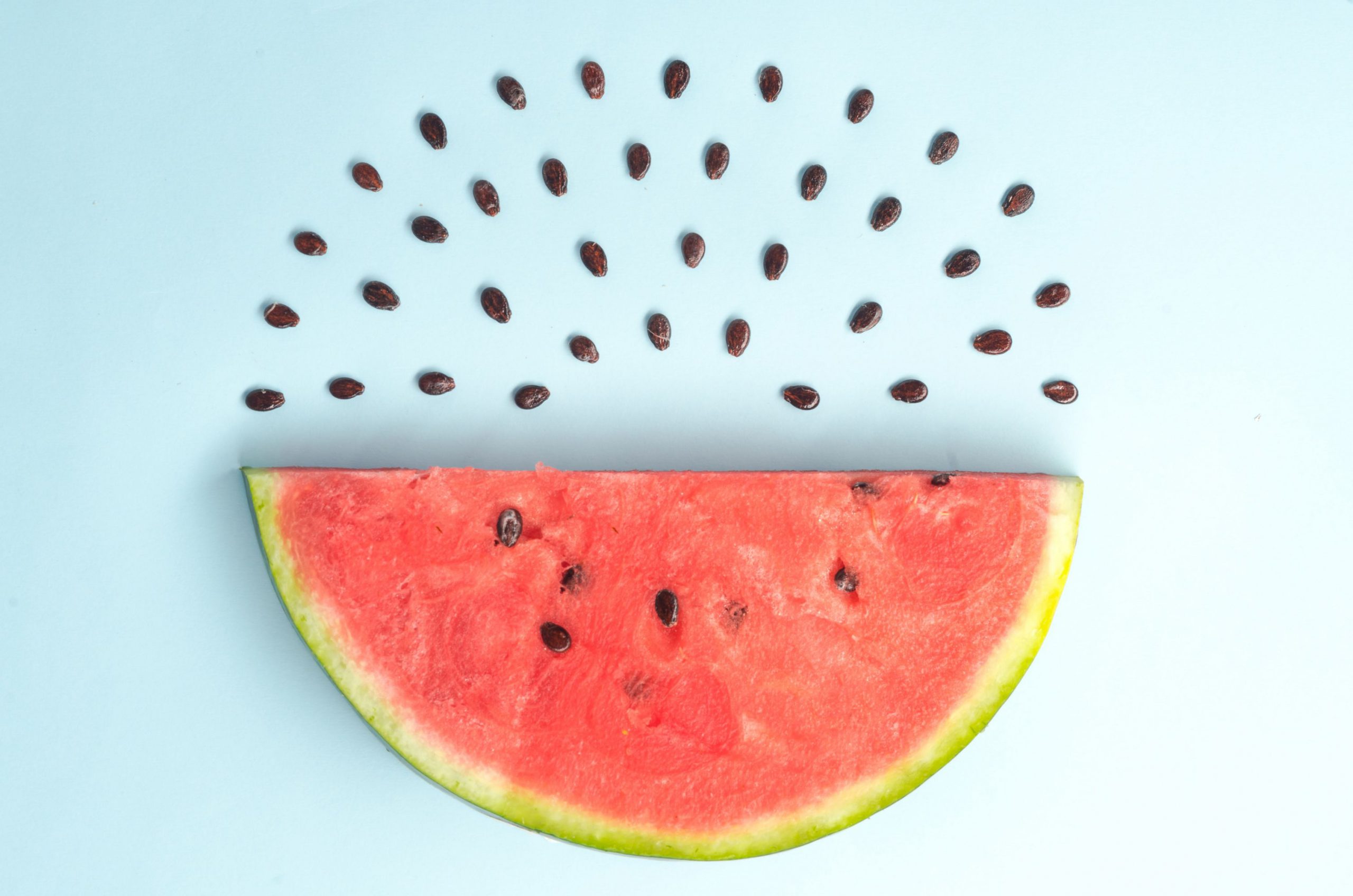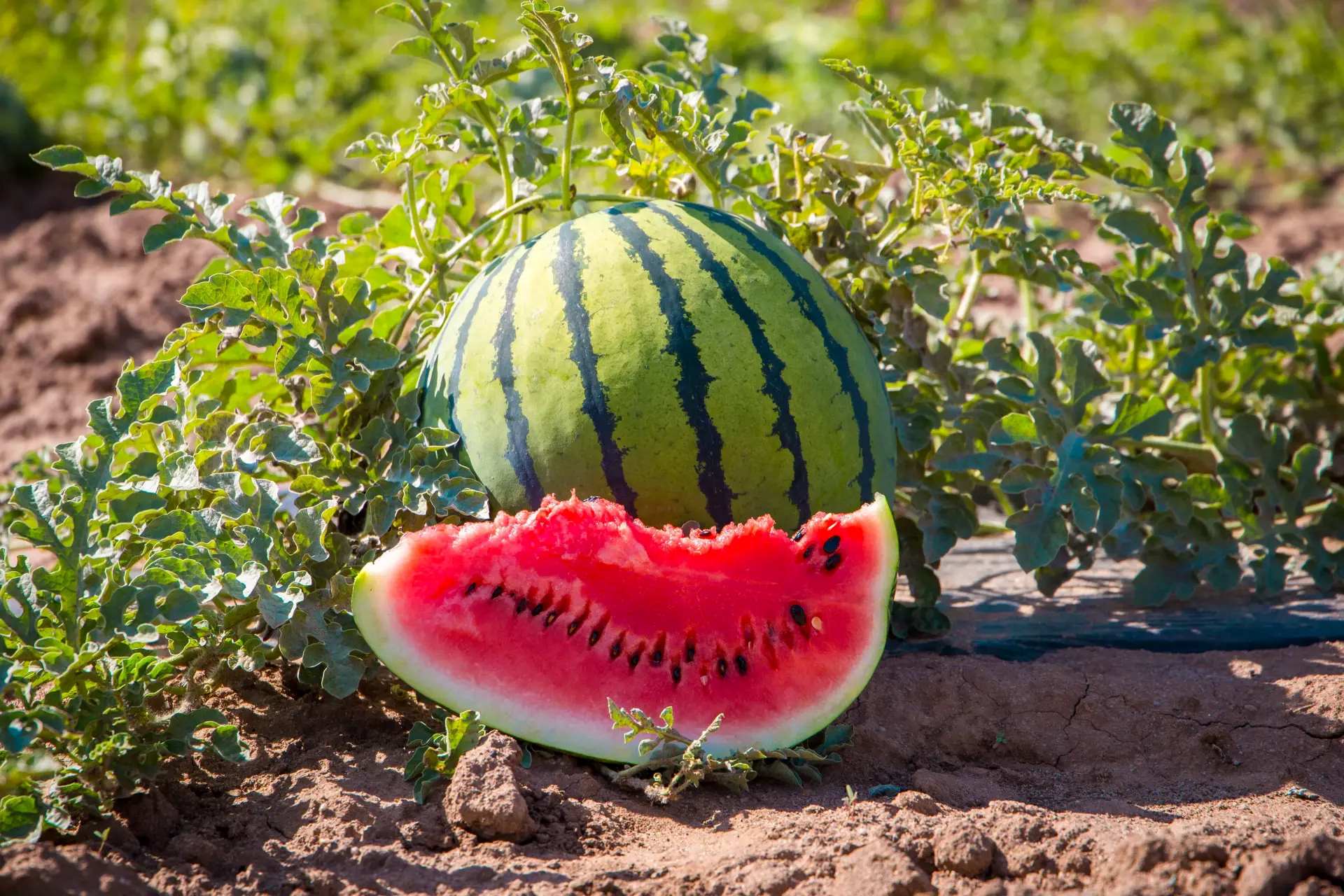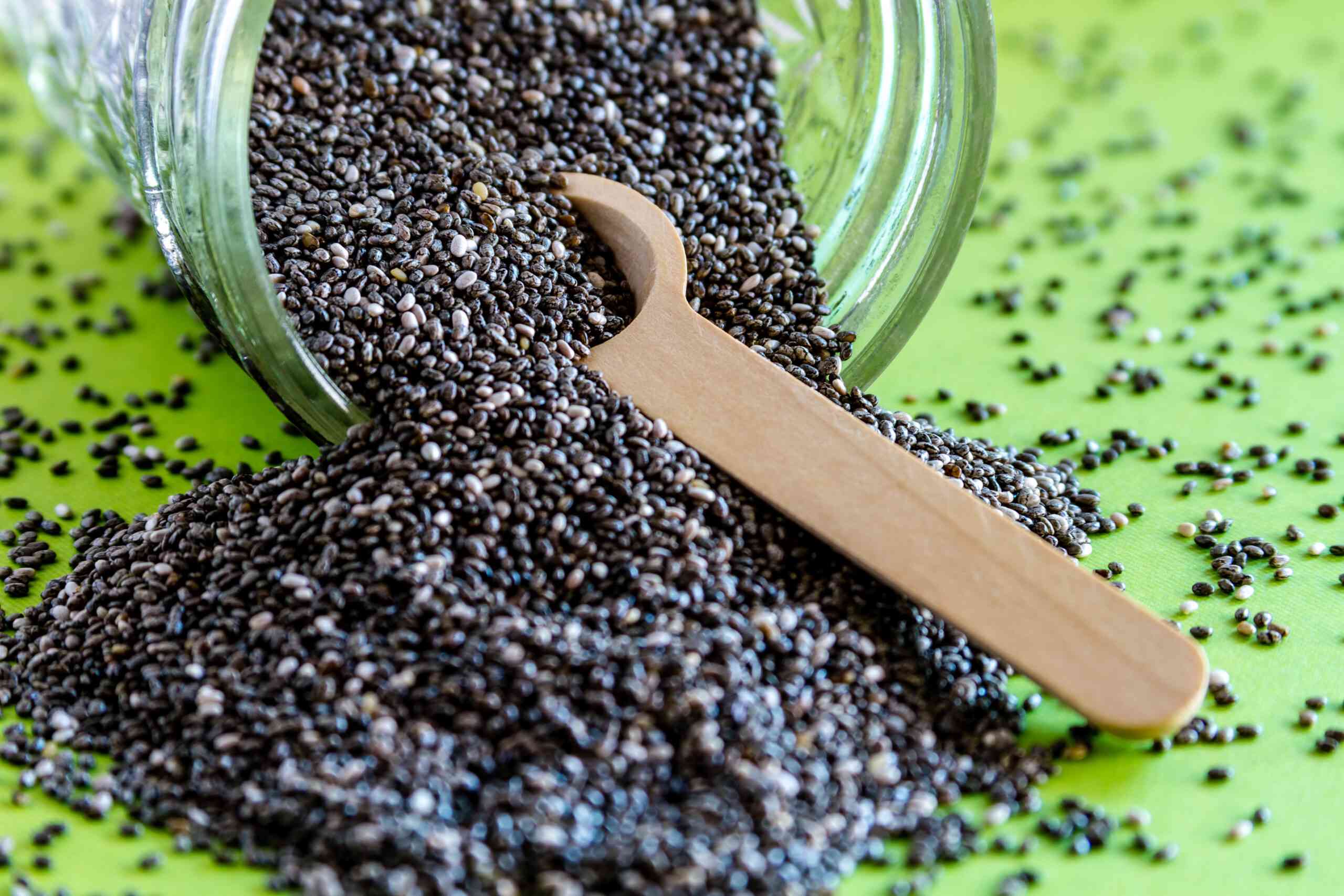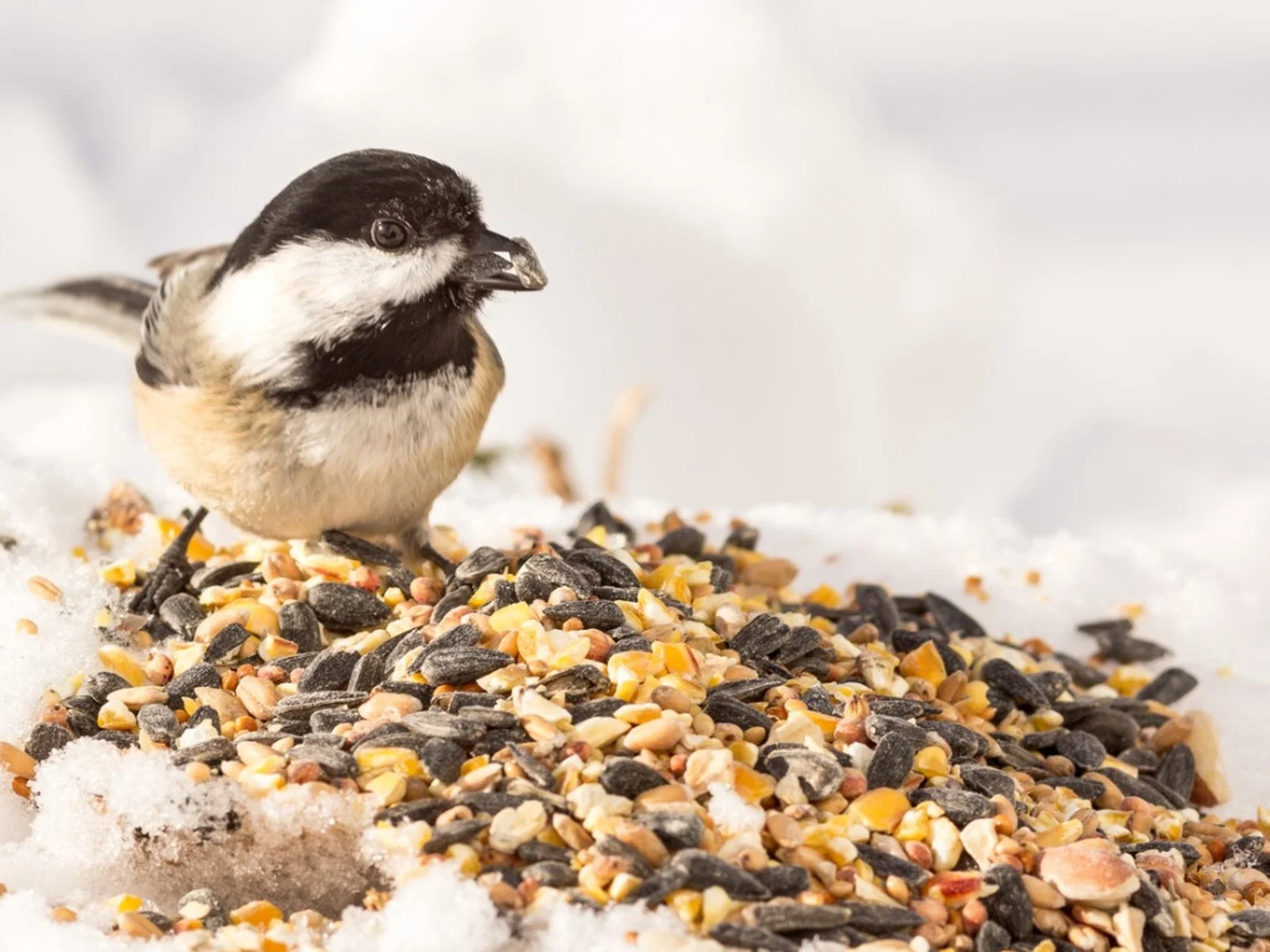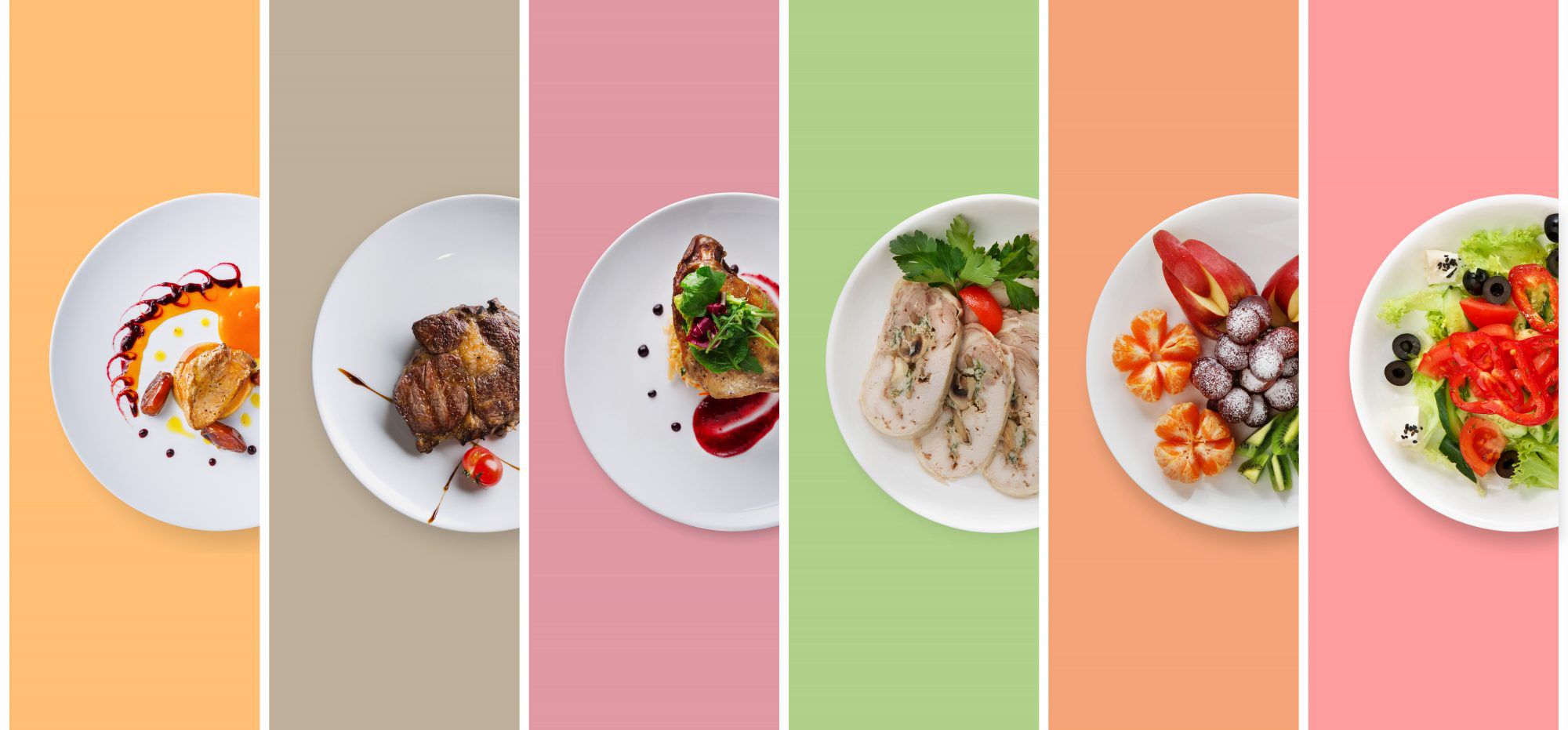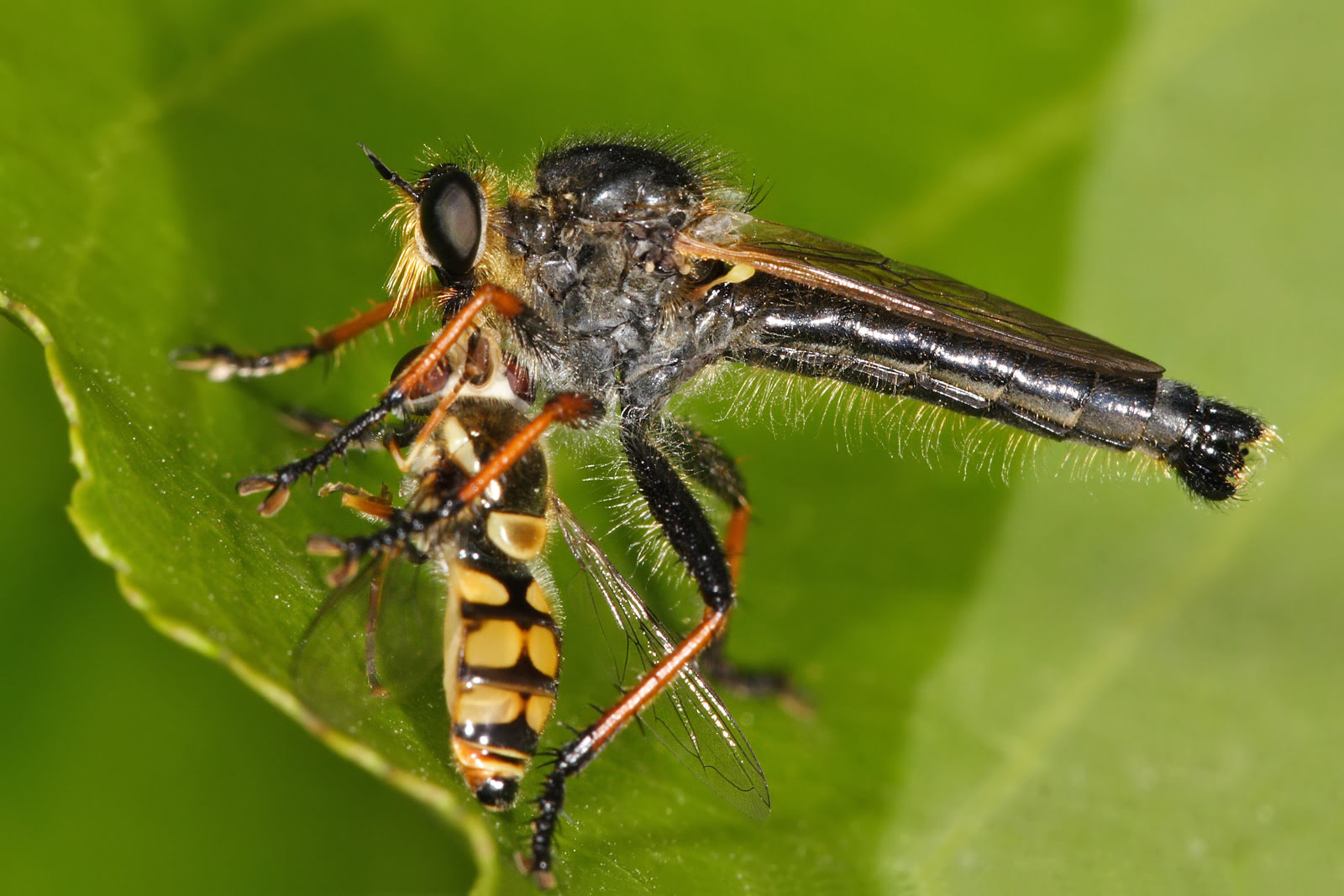Home>Types of Gardening>Edible Gardening>What Happens If You Eat Watermelon Seeds


Edible Gardening
What Happens If You Eat Watermelon Seeds
Published: September 12, 2023
Discover the surprising benefits of edible gardening with watermelon seeds. Learn what happens when you eat watermelon seeds and how they can enhance your gardening experience.
(Many of the links in this article redirect to a specific reviewed product. Your purchase of these products through affiliate links helps to generate commission for Chicagolandgardening.com, at no extra cost. Learn more)
Table of Contents
Introduction
Watermelon, with its refreshing and juicy flesh, is a beloved summer fruit. But have you ever wondered about the small, black seeds nestled within its sweet pink interior? Many people often pick out and discard these seeds without realizing that they can be more than just a nuisance. In fact, watermelon seeds are not only edible but also packed with nutrients that can benefit your health in various ways.
Watermelon seeds have been consumed by different cultures for centuries and are especially popular in Asian and Middle Eastern cuisines. Despite their small size, these seeds boast an impressive nutritional profile, making them a valuable addition to any diet.
In this article, we will delve into the nutritional composition of watermelon seeds, explore the commonly debated topic of whether they can be consumed, discuss their health benefits, highlight potential side effects, and provide useful tips on how to prepare and enjoy them.
So, if you’ve ever been curious about those hidden seeds in your watermelon, read on to discover the amazing benefits they offer and why you might want to think twice before tossing them aside.
Nutritional Profile of Watermelon Seeds
Watermelon seeds may be small, but they are jam-packed with essential nutrients that contribute to your overall health and well-being.
First and foremost, watermelon seeds are an excellent source of protein, providing about 31 grams of protein per 100 grams of seeds. This makes them a valuable protein source for both vegetarians and meat-eaters alike. Protein is essential for muscle growth and repair, immune function, and hormone production.
Additionally, watermelon seeds are rich in healthy fats, including monounsaturated and polyunsaturated fats. These fats play a crucial role in maintaining heart health, reducing cholesterol levels, and promoting optimal brain function.
Watermelon seeds are also high in fiber, which is beneficial for digestion and can help prevent constipation and promote a healthy gut. Furthermore, they contain important minerals such as magnesium, iron, zinc, and potassium, which are essential for various bodily functions, including bone health, energy production, and immune system support.
Vitamins such as vitamin C, vitamin E, and certain B vitamins can also be found in watermelon seeds. These vitamins act as antioxidants, protecting your cells from damage caused by harmful free radicals and contributing to overall well-being.
Overall, watermelon seeds offer a diverse range of nutrients that can contribute to a balanced and nutritious diet.
Myth or Fact: Can You Eat Watermelon Seeds?
There is a common belief that consuming watermelon seeds can cause the growth of a watermelon inside your stomach. However, this is nothing more than a myth. In reality, watermelon seeds can be safely consumed and offer a range of health benefits.
Watermelon seeds have been consumed by various cultures for centuries, and they are a regular ingredient in many cuisines around the world. From roasting and seasoning to grinding into flour, there are numerous ways to incorporate watermelon seeds into your diet.
It’s important to note that while watermelon seeds are generally safe to eat, they may be harder to digest than other foods due to their tough outer shell. Some people may experience slight discomfort or bloating if they consume a large amount of seeds without proper preparation.
However, by soaking or roasting the seeds, you can enhance their digestibility and make them even more enjoyable to eat. Soaking the seeds overnight in water can help soften the outer shell, while roasting them in the oven or a frying pan can add a delightful crunch and enhance their flavor.
While there is no scientific evidence to suggest that watermelon seeds can sprout and grow inside the human body, it is always wise to eat them in moderation as part of a balanced diet. If you have any concerns or experience any discomfort after consuming watermelon seeds, it’s best to consult with a healthcare professional.
Next, let’s explore the many health benefits that watermelon seeds have to offer.
Health Benefits of Eating Watermelon Seeds
Watermelon seeds may be small, but they pack a punch when it comes to health benefits. Here are some of the key advantages of incorporating watermelon seeds into your diet:
- Rich in nutrients: Watermelon seeds are a great source of protein, healthy fats, fiber, and essential minerals such as magnesium, iron, and zinc. These nutrients contribute to muscle growth, heart health, digestion, and overall well-being.
- Supports heart health: The monounsaturated and polyunsaturated fats found in watermelon seeds help reduce bad cholesterol levels, lower blood pressure, and decrease the risk of cardiovascular diseases.
- Boosts immune system: Watermelon seeds contain vitamins like vitamin C and vitamin E, which act as antioxidants, protecting the body against harmful free radicals and bolstering the immune system.
- Aids digestion: The high fiber content in watermelon seeds promotes healthy digestion, prevents constipation, and supports a balanced gut microbiome.
- Enhances bone health: The presence of minerals like magnesium, iron, and zinc in watermelon seeds contributes to maintaining strong and healthy bones, preventing conditions like osteoporosis.
- Supports hair and skin health: Watermelon seeds are a good source of essential fatty acids and antioxidants, which nourish the hair and skin, promoting their health and reducing signs of aging.
It’s important to note that while watermelon seeds offer these potential benefits, they should be consumed as part of a balanced diet and not as a replacement for other nutrient-rich foods.
Now that we’ve explored the health benefits, let’s discuss the potential side effects of consuming watermelon seeds.
Side Effects of Consuming Watermelon Seeds
While watermelon seeds offer numerous health benefits, it’s important to be aware of potential side effects that can arise from consuming them:
- Digestive discomfort: Some individuals may experience gastrointestinal discomfort, such as bloating or gas, when consuming a large quantity of watermelon seeds. This is mainly due to the high fiber and fat content in the seeds. It’s advisable to consume them in moderation and ensure they are well-prepared to improve digestibility.
- Allergic reactions: In rare cases, individuals may be allergic to watermelon seeds. Signs of an allergic reaction can include itching, swelling, hives, or difficulty breathing. If you have a known seed or nut allergy, it’s best to consult with a healthcare professional before including watermelon seeds in your diet.
- Oxalate content: Watermelon seeds contain oxalates, which in high amounts can contribute to the formation of kidney stones, especially in individuals with a history of kidney issues. If you are prone to kidney stones, it’s advisable to limit your intake of watermelon seeds and consult with a healthcare professional.
It’s important to note that these potential side effects are relatively rare and may not affect everyone. If you have any concerns or experience any adverse reactions after consuming watermelon seeds, it’s always best to seek advice from a healthcare professional.
Now that we’ve explored the potential side effects, let’s move on to discover how you can prepare and enjoy watermelon seeds in your diet.
How to Prepare and Eat Watermelon Seeds
While watermelon seeds can be eaten raw, many people prefer to prepare them to enhance their flavor and texture. Here are some steps to prepare and enjoy watermelon seeds:
- Rinse and remove the pulp: Start by rinsing the watermelon seeds under running water to remove any remaining pulp or debris.
- Soak overnight: If you prefer a softer and easier-to-digest seed, you can soak them in water overnight. This process helps in softening the outer shell.
- Roast for added flavor: Preheat your oven to 325°F (165°C). Pat dry the soaked seeds and spread them out evenly on a baking sheet. Roast for about 15-20 minutes or until they turn golden brown. You can also add a sprinkle of salt or your favorite seasoning for added flavor.
- Grind into flour: In some recipes, watermelon seed flour can be used as a gluten-free alternative. To make flour, simply grind the roasted seeds in a blender or food processor until it reaches a fine texture.
- Snack on them: Once the watermelon seeds are roasted and seasoned, you can enjoy them as a nutritious snack on their own. They have a nutty flavor and crunchy texture that can satisfy your cravings.
- Add to dishes: Watermelon seeds can also be incorporated into various dishes. You can sprinkle them on salads, yogurt, or oatmeal for added crunch and nutritional boost. They can also be used as a topping for baked goods or blended into smoothies.
Remember, moderation is key when consuming watermelon seeds. Enjoy them as part of a balanced diet and be mindful of any potential side effects.
Now that you know how to prepare and eat watermelon seeds, you can experiment with different recipes and enjoy the many benefits they offer.
Conclusion
Watermelon seeds are not just tiny nuisances to be discarded. They are nutrient-packed powerhouses that can be enjoyed as part of a healthy and balanced diet. These small seeds contain protein, healthy fats, fiber, and essential minerals, offering numerous health benefits.
Contrary to the popular myth, watermelon seeds will not sprout watermelons inside your stomach. Instead, they can be safely consumed and provide a range of advantages. From supporting heart health and promoting a strong immune system to aiding digestion and enhancing hair and skin health, watermelon seeds have much to offer.
However, it’s important to consume watermelon seeds in moderation and be mindful of potential side effects, such as digestive discomfort or allergic reactions. If you have any concerns or medical conditions, it’s always best to consult with a healthcare professional.
Preparing and enjoying watermelon seeds is fairly simple. Soak or roast them to enhance their texture and flavor, and incorporate them into your favorite dishes or snack on them as a crunchy, nutritious treat.
Next time you enjoy a refreshing slice of watermelon, consider giving those small black seeds a chance. By incorporating watermelon seeds into your diet, you can harness their nutritional benefits and discover a new and exciting way to enjoy this delicious fruit.
